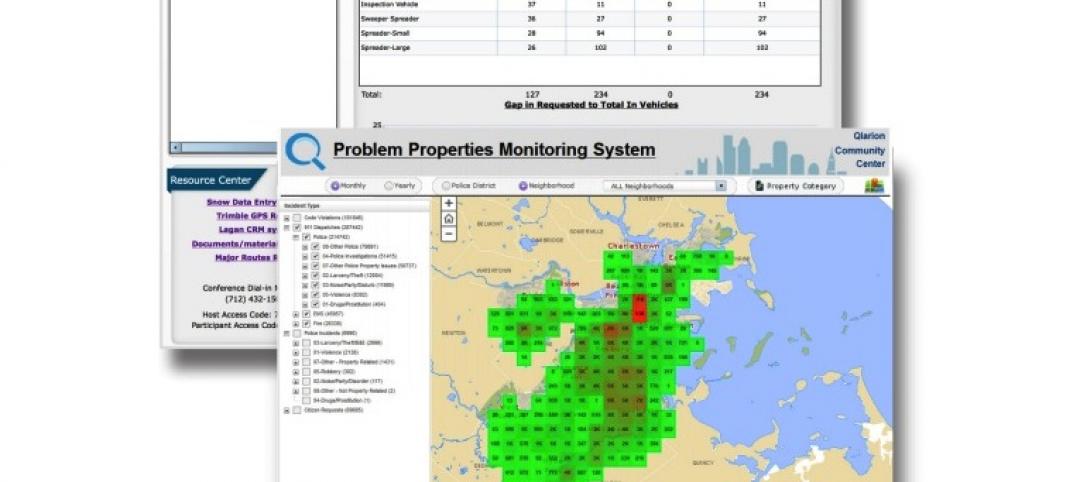The General Services Administration and the U.S. Department of Energy have selected 17 innovative building technologies to evaluate in real-world settings throughout GSA’s real estate portfolio.
This year, field validation will be conducted on five of these technologies that will support commercial buildings decarbonization and the implementation of DOE’s recently released Decarbonizing the U.S. Economy by 2050: A National Blueprint for the Buildings Sector. The technologies include modular ice-based energy storage from Nostromo Energy, a modular cold-climate air-source heat pump from Trane Technologies, an air conditioning system incorporating a liquid desiccant and evaporative cooling from Blue Frontier, a refrigerant life cycle management strategy from êffecterra, and an internet-of-things based building management system from 75F.
The evaluation will consider how well products reduce energy use and greenhouse gas emissions. HVAC in commercial buildings consumes up to 44% of on-site energy, according to a DOE news release.
GSA anticipates that the results of this year’s evaluations will be available in 2026. DOE and GSA have partnered through the same program since 2015. Since 2011, the program has evaluated 107 technologies, 23 of which have been deployed across more than a third of GSA’s federally owned portfolio.
Related Stories
| Dec 23, 2014
EPA releases WaterSense draft specification for flushometer-valve toilets
The U.S. Environmental Protection Agency's WaterSense program has released a draft specification for water-efficient flushometer-valve toilets.
| Dec 23, 2014
American Iron and Steel Institute publishes design guide for new profiled steel diaphragm panels standard
The American Iron and Steel Institute (AISI) published AISI D310-14, “Design Examples for the Design of Profiled Steel Diaphragm Panels Based on AISI S310-13.”
| Dec 18, 2014
New federal regulations impact construction firms doing business with Uncle Sam
Federal contractors may be subject to several new rules in 2015 that impact how they are selected for contracts and how they do business with the federal government.
| Dec 18, 2014
ASHRAE/IES energy standard could become more applicable for global use
A proposed addendum to ANSI/ASHRAE/IES Standard 90.1-2013, Energy Standard for Buildings Except Low-Rise Residential Buildings would make the standard more applicable for use around the world.
| Dec 18, 2014
Boston testing mobile building permit tracking app
The app called Permit Finder could free city employees from having to respond to the 30 to 40 permit status-related calls they receive each week.
| Dec 18, 2014
Deal on 2015 budget slashes most federal construction spending
The $1.1 trillion funding bill for fiscal year 2015 approved by Congress makes deep cuts in some construction programs, but the General Services Administration suffered just a short haircut by comparison.
| Dec 11, 2014
Mayor backs reform of Pittsburgh inspection, permitting practices
The proposal, among other things, would impose a rental registration program and fee targeted at keeping better track of problem landlords.
| Dec 11, 2014
Los Angeles mayor proposes earthquake retrofit program
The ambitious program would focus on some apartment buildings built before 1978 and concrete buildings constructed before 1976.
| Dec 11, 2014
Outdated building code hampering recruitment of high-tech businesses in New York State
New York State’s building code is outdated and is hampering the recruitment of high-tech employers, according to a coalition of construction, fire safety, and insurance industry groups.
| Dec 11, 2014
Defense Authorization Act rejects BRAC for 2017
The House of Representatives has passed the $584.2 billion Defense Authorization Act.













